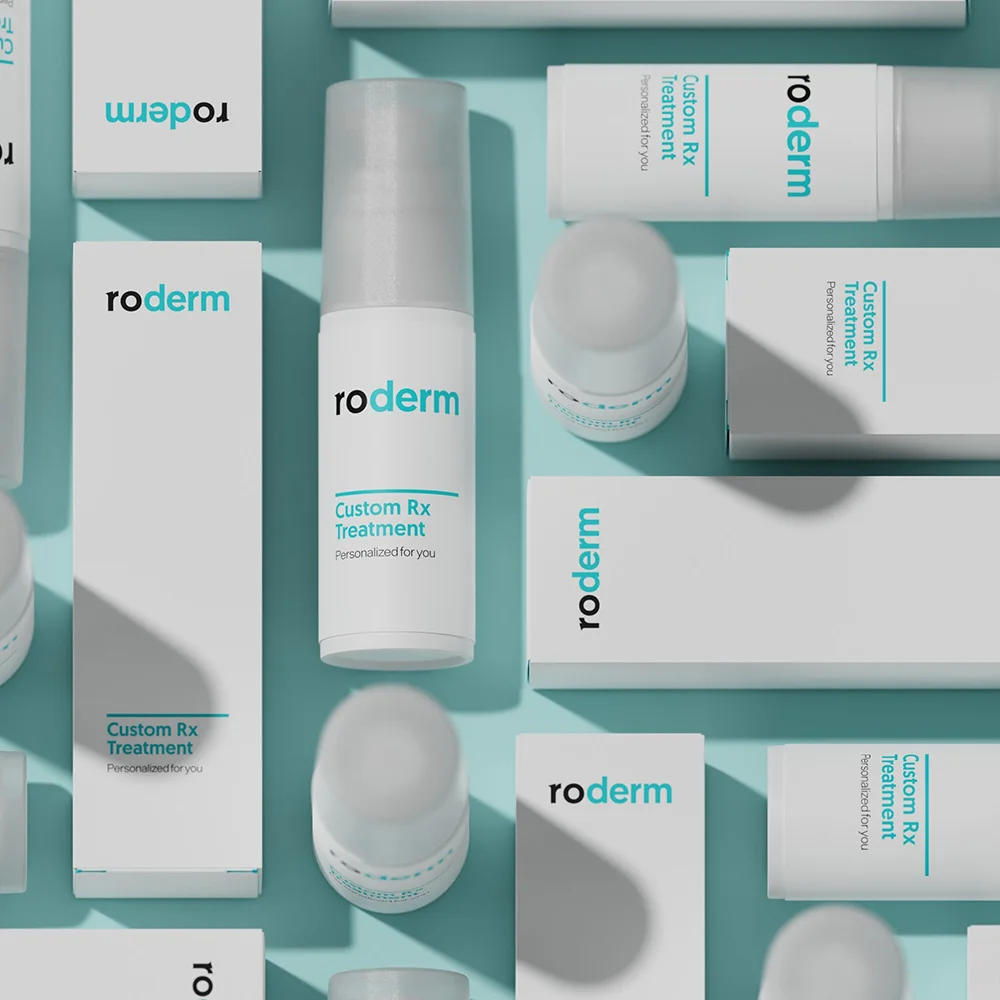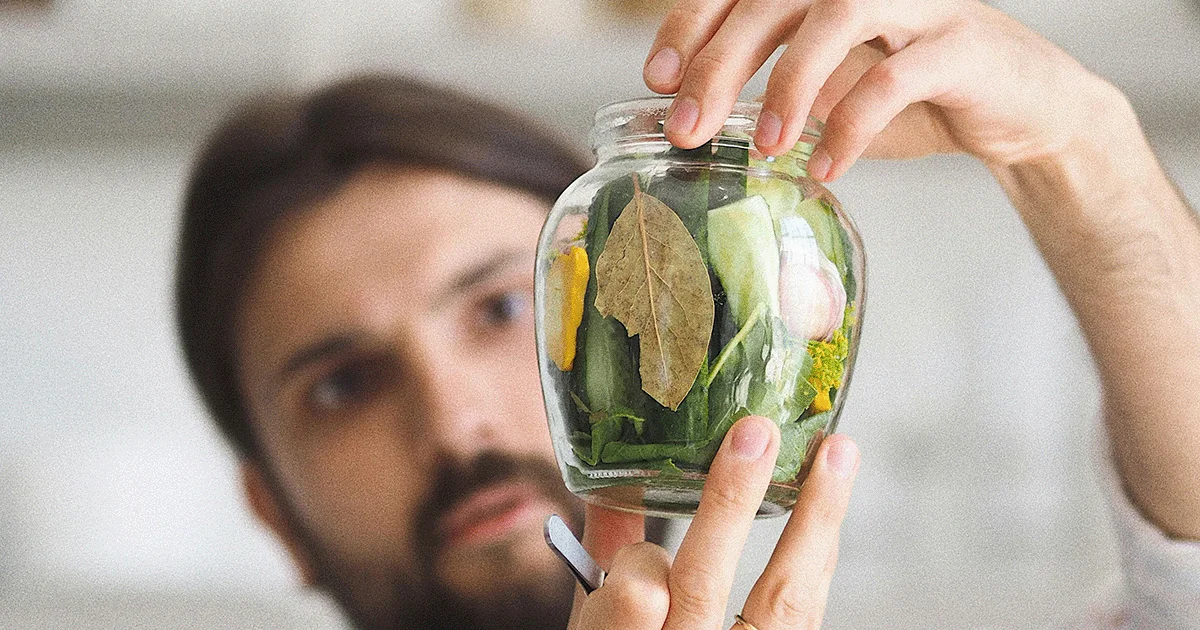Here's what we'll cover
Here's what we'll cover
Healthy hair growth, strong nails, healthy skin—who wouldn’t want those? Many of us shell out tons of money for hair products, moisturizers, and supplements that promise to make us shinier, happier people, but how many of these are backed by science?
One popular supplement for hair, skin and nails is liquid biotin. Before you buy it, you might be wondering what it is exactly, what it does, and if science says it's effective. Let’s take a look.
What is liquid biotin?
Liquid biotin is a biotin supplement that comes in liquid form instead of a pill, capsule, or gummy. It's often found in small glass bottles and dispensed by a dropper. Some people prefer liquid supplements because they have difficulty swallowing pills or just prefer liquid formulations.
Liquid biotin is available by itself or in combinations with other ingredients, including collagen, keratin, and other vitamins.
Biotin—also known as vitamin B7 or vitamin H—is a water-soluble vitamin with many roles in the human body. It helps convert food to energy, metabolizes fats and amino acids, and plays a part in hair, skin, and nail development.
Biotin is naturally present in some foods—such as egg yolks, fish, seeds, nuts, and sweet potatoes (NIH, 2021). The average person gets enough biotin from their diet, without having to take a supplement.
What is liquid biotin used for?
Biotin supplements have long been reputed to improve the health of your hair, skin, and fingernails—increasing hair growth, stimulating healthy hair, and strengthening nails.
But scientific evidence doesn't quite back that up. If you have a biotin deficiency, you might experience hair loss, weak nails, or skin issues, but the evidence doesn’t show that taking a biotin supplement will make your hair, nails, and skin healthier (Almohanna, 2019).
You might wish you had thicker hair, fewer breakouts or smoother nails, but chances are those conditions aren't caused by not getting enough biotin. True biotin deficiency is very rare in people who eat a balanced diet (Bistas, 2020).
Will liquid biotin cause hair growth?
If you're thinking about taking biotin to address hair loss or make your hair grow faster, you should know that biotin has not been proven to be an effective remedy for male pattern baldness. Despite hype in the media and claims on countless product packages, researchers say there’s little evidence that biotin does much for thinning hair (Soleymani, 2017).
In men, thinning hair is most often male pattern baldness (androgenic alopecia) caused by hair follicles reacting to DHT, a byproduct of testosterone. DHT causes those follicles to shrink, and in some cases, eventually to stop producing hair. Vitamins and minerals like biotin can't interrupt that process.
In most cases, taking biotin won't hurt you. Experts say it's difficult to take so much biotin that you hurt yourself or overdose (Bistas, 2020). However, taking too much of it can have secondary health consequences, which we’ll discuss below.
Like other water-soluble vitamins, excess biotin is excreted in the urine.
Best liquid biotin supplement
When looking for the best biotin supplement, choose a reputable brand. Unlike prescription drugs, dietary supplements aren't closely regulated by the Food and Drug Administration (FDA). Look for a brand you trust to ensure you're getting high-quality ingredients at an accurately labeled dosage.
It's also a good idea to check the ingredients list before you buy. If you have dietary limitations, you may want to ensure the supplement you choose doesn't contain ingredients like sugar, corn syrup, preservatives, artificial sweeteners, or artificial flavors. You may also want to see if the supplement you're considering is non-GMO or gluten-free.
Typical liquid biotin dosage
You can find liquid biotin in a range of dosages, up to 5,000 mcg, 10,000 mcg, or more.
The Food and Nutrition Board (FNB) at the National Academies of Sciences, Engineering, and Medicine says the daily adequate intake (AI) of biotin is 30 mcg for adults over the age of 19. But again, biotin supplementation is generally unnecessary in healthy people (NIH, 2021). The one exception may be those who are breastfeeding or pregnant—their bodies have higher nutritional needs, and supplementation of 5 mcg to 35 mcg of biotin a day may be beneficial (Bistas, 2020).
Potential liquid biotin side effects
More is not always better. When it comes to supplements, it can be a waste of money at best and a dangerous mistake at worst.
Some biotin formulations contain hundreds of times the amount of biotin considered a daily adequate intake (AI)—5,000 mcg, 10,000 mcg, and beyond. (The daily adequate intake is 30 mcg.) And if you take a multivitamin, it may also already contain biotin, adding to your total daily intake.
While taking too much biotin may not be directly harmful, it could negatively impact your health in other ways. In 2017, the FDA warned that taking high levels of biotin can lead to inaccurate blood test results. Most importantly, biotin can cause inaccurate thyroid tests and troponin measurements, a key marker used to diagnose heart attacks and other cardiac conditions (FDA, 2019).
Today, the FDA recommends that you talk with your healthcare provider before taking a supplement that contains biotin, and especially if you're concerned about the possibility of biotin interference in a lab test you've recently had done (FDA, 2019).
DISCLAIMER
If you have any medical questions or concerns, please talk to your healthcare provider. The articles on Health Guide are underpinned by peer-reviewed research and information drawn from medical societies and governmental agencies. However, they are not a substitute for professional medical advice, diagnosis, or treatment.
Almohanna, H. M., Ahmed, A. A., Tsatalis, J. P., & Tosti, A. (2019). The Role of Vitamins and Minerals in Hair Loss: A Review. Dermatology and Therapy, 9 (1), 51–70. doi: 10.1007/s13555-018-0278-6. Retrieved from https://link.springer.com/article/10.1007/s13555-018-0278-6
Bistas, K.G. & Tadi, P. (2020). Biotin. StatPearls . Retrieved from https://www.ncbi.nlm.nih.gov/books/NBK554493/
National Institutes of Health (NIH). (2021). Office of Dietary Supplements - Biotin. Retrieved Feb. 10, 2021 from https://ods.od.nih.gov/factsheets/biotin-healthprofessional/
Soleymani, T., Lo Sicco, K., & Shapiro, J. (2017). The infatuation with biotin supplementation: Is there truth behind its rising popularity? A comparative analysis of clinical efficacy versus social popularity. Journal of Drugs in Dermatology: JDD, 16 (5), 496–500. Retrieved from https://pubmed.ncbi.nlm.nih.gov/28628687/
U.S. Food & Drug Administration (FDA). (2019). Update: The FDA warns that biotin may interfere with lab tests. Retrieved Feb. 11, 2021 from https://public4.pagefreezer.com/content/FDA/16-06-2022T13:39/https://www.fda.gov/medical-devices/safety-communications/update-fda-warns-biotin-may-interfere-lab-tests-fda-safety-communication










